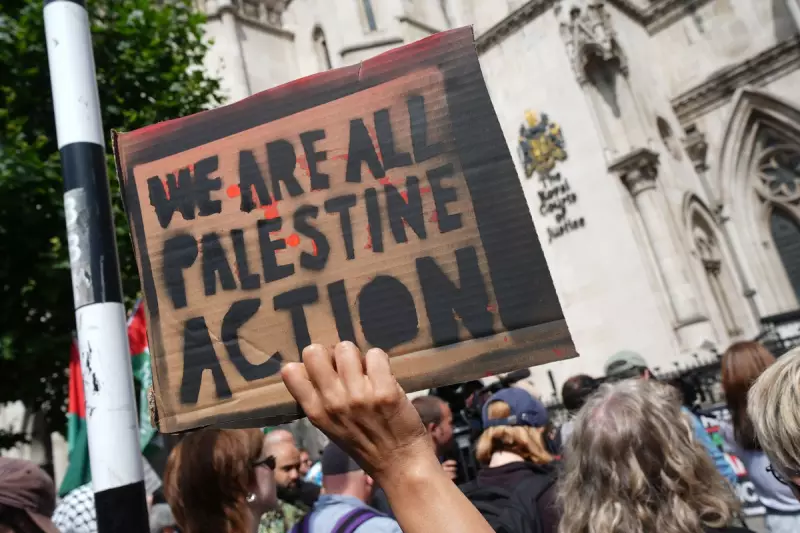
In a decision with profound implications for protest rights in Britain, the Crown Prosecution Service (CPS) has discontinued all proceedings against four demonstrators arrested in the shadow of the Houses of Parliament.
The individuals were charged under the controversial Police, Crime, Sentencing and Courts Act 2023, which grants broad powers to law enforcement to manage protests. Their arrests occurred during a gathering in Parliament Square, a location synonymous with British democratic expression.
A Victory for Civil Liberties
The case collapsed after the CPS concluded that proceeding with the prosecution would not be in the public interest. This outcome has been hailed by civil liberties groups as a critical defence of the right to peaceful assembly.
Campaigners have long argued that the 2023 Act creates a chilling effect on free speech and disproportionately restricts the ability to protest in the UK. This decision is seen as a significant check on those powers.
The Legal Context
The Police, Crime, Sentencing and Courts Act represents one of the largest overhauls of public order legislation in decades. It introduced stricter noise limits and granted police greater authority to impose conditions on static protests.
This case, set in the symbolic heart of British democracy, tested the boundaries of this new legal framework. Its dismissal sends a clear message about the limits of state power in regulating public dissent.
The debate over the balance between maintaining public order and upholding fundamental democratic rights is now set to intensify in the wake of this development.





